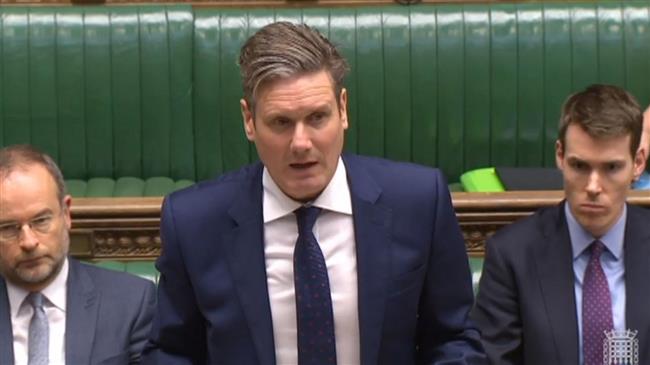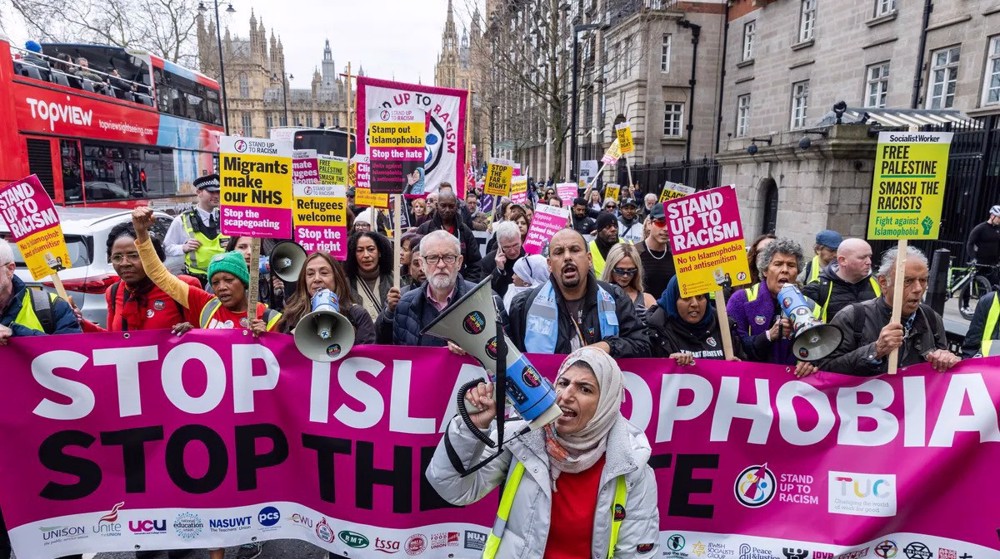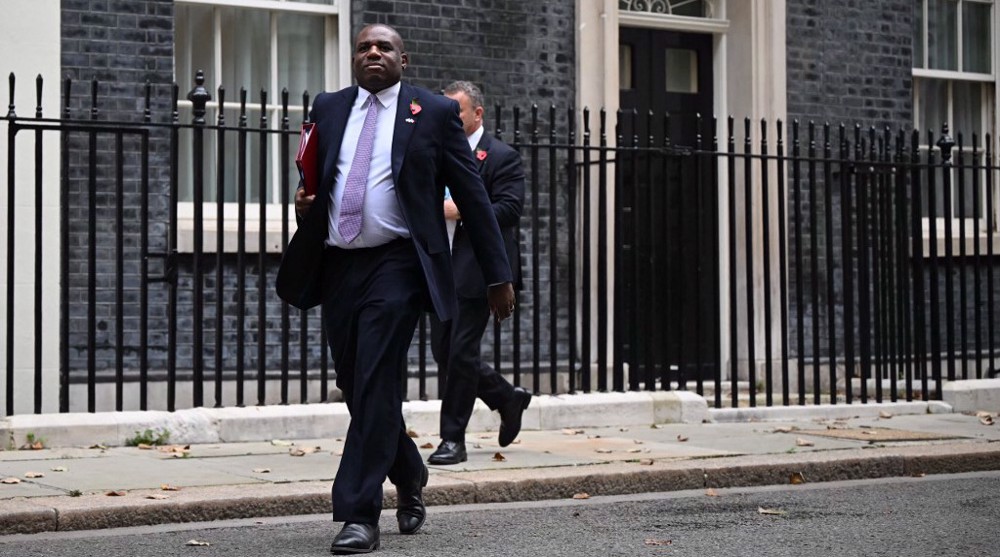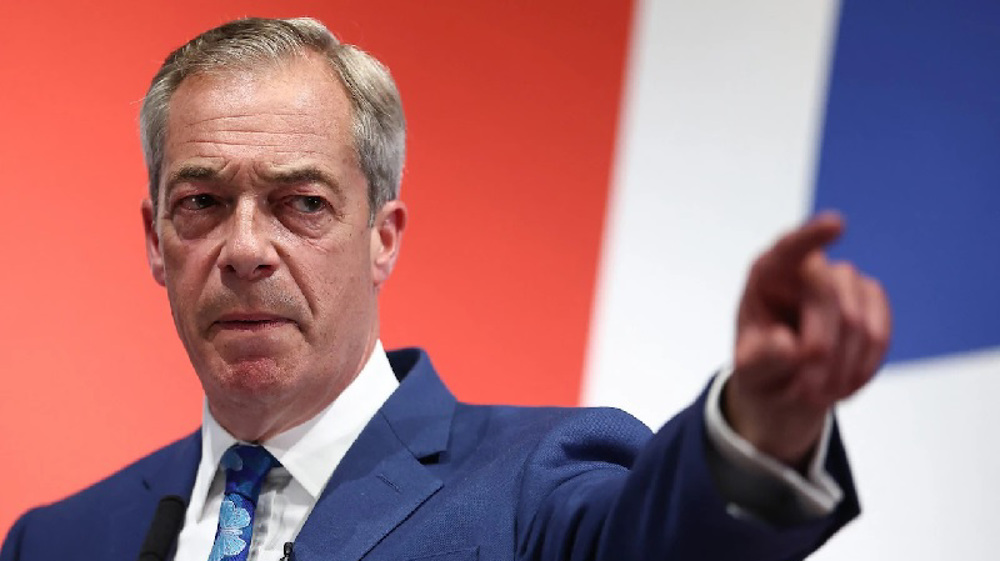Legal vacuum awaits UK after no-deal Brexit: Labour
A senior member of the United Kingdom’s Labour Party has warned that the country would be thrust into a “legal vacuum” if it fails to reach a withdrawal agreement with the European Union next year.
Keir Starmer, a revered British lawyer and Labour’s member of the British parliament, said Monday that there was a serious risk for an “unsustainable legal vacuum” in the country if the government fails to reach an agreement with the EU on how the UK will leave the bloc in March 2019.
Starmer, who also serves as the shadow Brexit secretary, slammed a recent government move to release contingency plans for a no-deal Brexit as a “poorly executed PR stunt” by Prime Minister Theresa May to convince Conservative Party members to back her plan for final phases of negotiations with the EU.
He said May’s government has “barely scratched the surface” of what it would need to do to prepare for a no-deal Brexit, a highly feared scenario which many say could have grave consequences for the UK.
Starmer’s warning comes despite repeated statements by government officials that Britain will be absolutely ready for all contingencies after Brexit, including a no-deal scenario.
Brexit minister Dominic Raab has said that London had the legislation in place to cope with such a situation.
“Our laws will be on the statute book, the staff will be in place, the teams will be in post and our institutions will be ready for Brexit – deal, or no deal,” said Raab last week.
However, Starmer said in his analysis for the Labour that the government would need to hastily pass legislation in four key policy areas, namely in EU citizens’ rights, immigration rules for EU travelers entering Britain, criminals held under the European arrest warrant and the Irish border.
Uncertainties about Britain’s future status of relations with the EU deepened in July when Brussels refused to endorse key proposals of May’s plan for final phases of Brexit talks. People in the opposition, including Starmer, have suggested that May’s government should accept the possibility for a second referendum on Brexit as people have become increasingly aware of government’s inability to negotiate a deal that could guarantee the interests of the country after leaving the EU.
Iranians protest against Israel after Netanyahu ICC warrant
Germany undecided on complying with ICC arrest warrants for Israeli war criminals
VIDEO | Former FBI agent criticizes US Congress for 'outright corruption'
IRGC chief urges Muslim countries to cut aid routes to Israel
'New chapter in cooperation': Iran, Venezuela sign new MoUs
Jordan sentences former lawmaker for supporting Palestinian resistance
Basij volunteer forces hold massive drills in southwestern Iran
Israeli war criminals 'not welcome', US city says after ICC ruling














 This makes it easy to access the Press TV website
This makes it easy to access the Press TV website